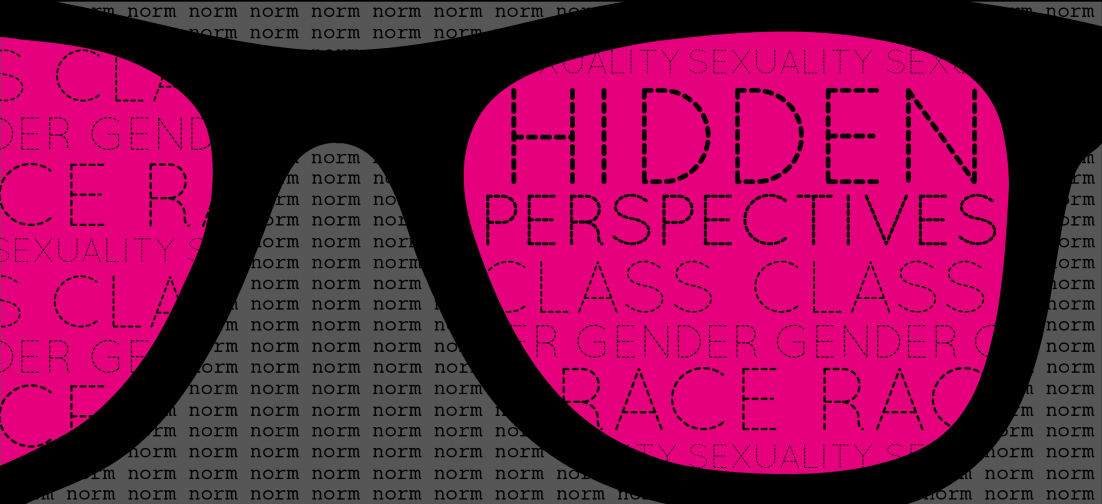 Can you introduce yourself to our readers and give us an idea of what you do?
Can you introduce yourself to our readers and give us an idea of what you do?
My name is Sandra Baker and I have been researching Sheffield’s LGBT history for a few years now.
What will you be doing at the Hidden Perspectives festival?
I am putting together a display of ephemera and news clippings on Sheffield’s LGBT history, which will be up for the conference itself.
What is the motive behind your display? What do you hope people will take away from it?
Well, the display is by no means an exhaustive account of the history of Sheffield’s LGBT communities. Having said that, I would love for people to take something away they didn’t already know.
Where did your interest in Sheffield LGBT history begin?
When I was involved in organising Sheffield Pride, I began speaking to a lot of older LGBT people, and it occurred to me that Sheffield’s gay scene has changed a lot over time. I wanted to explore that, and then I realised that no one had done this before so it seemed like the perfect time to start.
How would you summarise Sheffield’s LGBT history?
In a word, fascinating! There are so many elements to it, I could be here all day. There are aspects of feminist history in there, particularly in the 1980s and 90s and it intertwines with the overall economic and social history of Sheffield too. It is ultimately different to the histories in other Northern cities like Manchester and Leeds, because Sheffield hasn’t had the advantage of a ‘quarter’ or a ‘village’ which makes the negotiation and reclamation of space in Sheffield’s LGBT history one of the most interesting aspects of it for me.
For someone who has never considered or explored the history of the LGBT community in Sheffield how would you convince them it is worthwhile and interesting?
I think because it is ultimately a part of Sheffield’s history as a whole. You cannot separate the two really. The people I have interviewed have come out with some hilarious and touching anecdotes, it’s hard not to connect with it.
Would you consider yourself an ‘LGBT activist’?
Yes in a way. I think the act of sourcing and preserving this history is really important politically. The struggles people went through in the past shouldn’t be forgotten or ignored, and of course people have a way of rounding history off to be something neat and palatable.
What would you say to those who have never considered an LGBT perspective/reading of the Bible?
That’s quite interesting, because it’s not something I’ve really considered until now. I think that reading the Bible from another perspective is always healthy when done in a constructive and respectful way.
Can non-LGBT people gain/learn anything from an LGBT perspective/reading of the Bible?
I don’t see why not. By queering the text we can see the inherent heterosexist assumptions that were there before, and that can open up debates about other alternative readings.
Do you have a personal story about LGBT and Religion/the Bible?
I have to confess I’ve never been that interested in the Bible or religion. I was raised in a fairly agnostic household, and even though my first school was CofE and that involved church visits every so often, I never really had much personal interest in Christianity or Bible readings.
Have you been involved with other projects like Hidden Perspectives?
Yes I am currently involved with the Stories of Activism project at The University of Sheffield which is looking into various strands of activist history in Sheffield. This is an ongoing project that should have some really exciting results!
Why do you think projects like Hidden Perspectives are important?
It’s important to question texts like the Bible that can be put on a pedestal or seen as too important to be meddled with. It’s also interesting to have two communities that, whilst there is inevitably a lot of overlap, may not always communicate and interact with one another, doing so.
What has been your experience of the interaction between LGBT & Religion?
I do know some LGBT people who were raised Christian but most of these have now left their connections with religion behind.
For more info check out Sandra’s participant page here.












